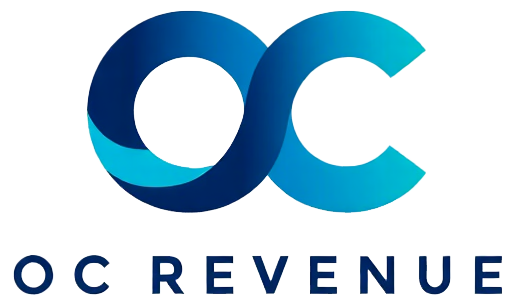Enterprise Tool Management ensures the effective deployment, integration, and governance of sales and operational technologies across the organization
Enterprise Tool Management optimizes technology investments by overseeing adoption, integration, and compliance to boost efficiency and collaboration across teams
Enterprise Tool Management is critical to maximizing the ROI of technology investments by overseeing tool adoption, usage, and integration across departments. It includes evaluating new tools, managing licenses, training users, and ensuring data security and compliance. A well-managed tool ecosystem reduces fragmentation and improves operational efficiency.
Effective Enterprise Tool Management also facilitates seamless integration between systems such as CRM, marketing automation, analytics, and communication platforms. This unified approach supports consistent data flows and cross-functional collaboration, enabling faster decision-making and more cohesive customer experiences.
Enterprise Tool Management governs the lifecycle of sales and operational tools, ensuring integration, security, and alignment with business goals to maximize productivity and innovation
In today’s technology-driven business landscape, Enterprise Tool Management is a strategic discipline that governs the lifecycle of sales and operational tools. Organizations rely on a complex array of software and platforms to manage customer relationships, automate workflows, and analyze performance. Without proper management, this complexity can lead to tool sprawl, duplication of effort, and security vulnerabilities.
A robust Enterprise Tool Management strategy begins with assessing current tools’ effectiveness and identifying gaps or overlaps. It requires collaboration across IT, sales, marketing, and operations to align tool capabilities with business needs and user requirements. Clear policies and governance frameworks ensure tools are used consistently, securely, and compliantly.
Central to Enterprise Tool Management is the integration of disparate systems to create a connected technology environment. Integrated platforms enable real-time data sharing, automated processes, and comprehensive reporting, which empower teams to act on unified insights. This integration reduces manual data entry, minimizes errors, and enhances agility.
Continuous monitoring and optimization are essential to keep the tool ecosystem aligned with evolving business objectives. Regular training and change management foster user adoption and proficiency. Ultimately, effective Enterprise Tool Management transforms technology investments into strategic assets that drive productivity, innovation, and competitive advantage.

















